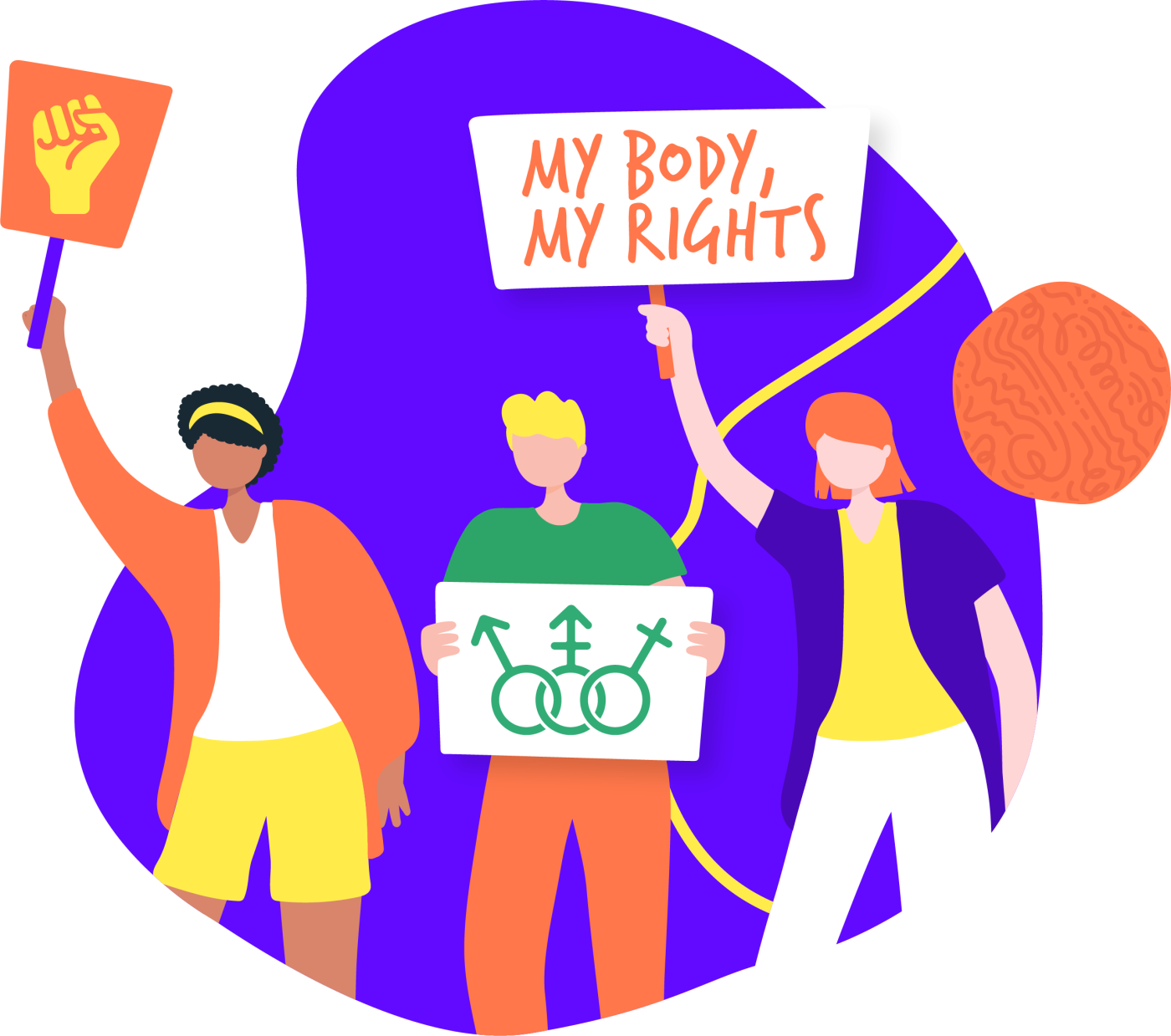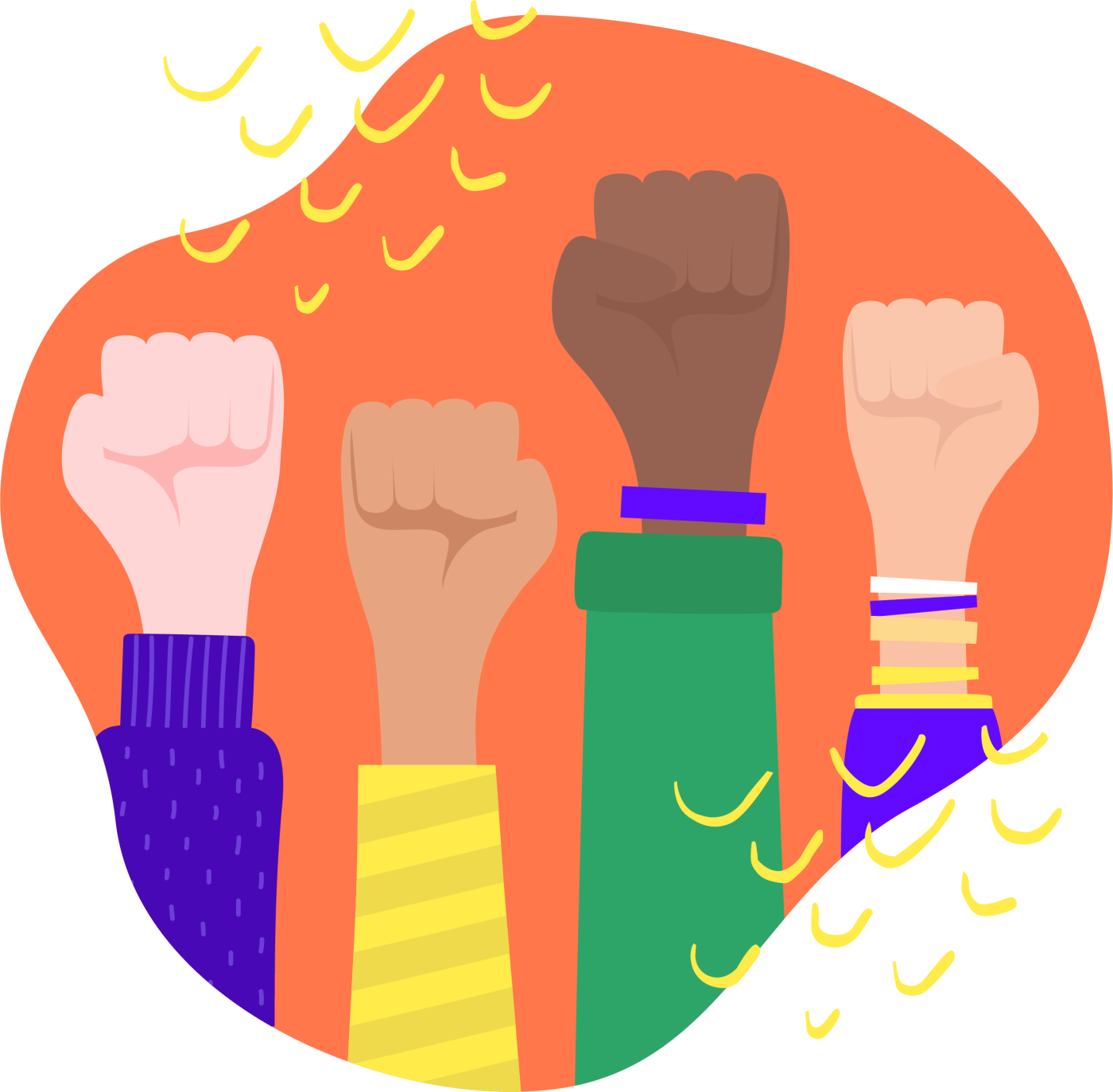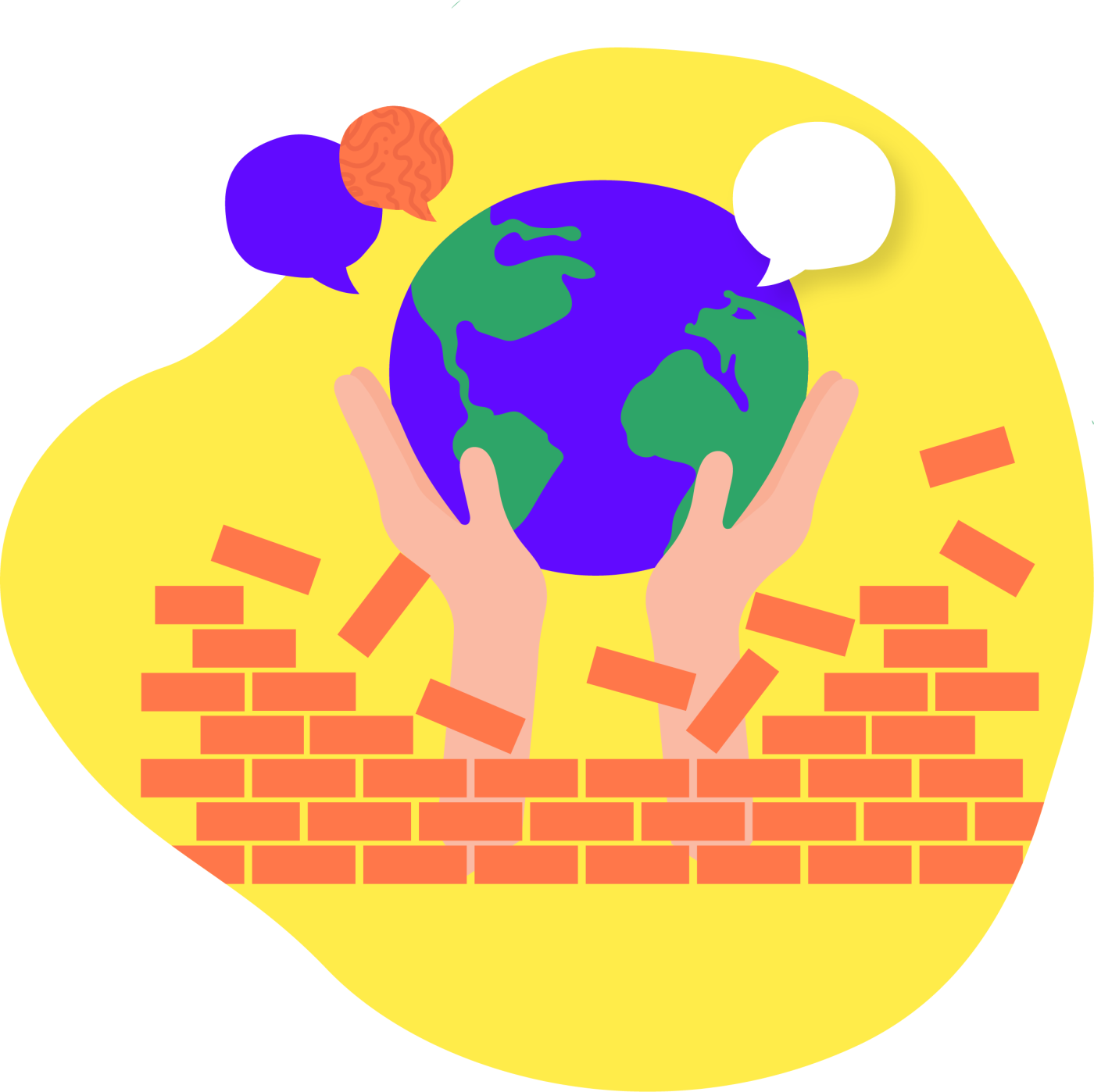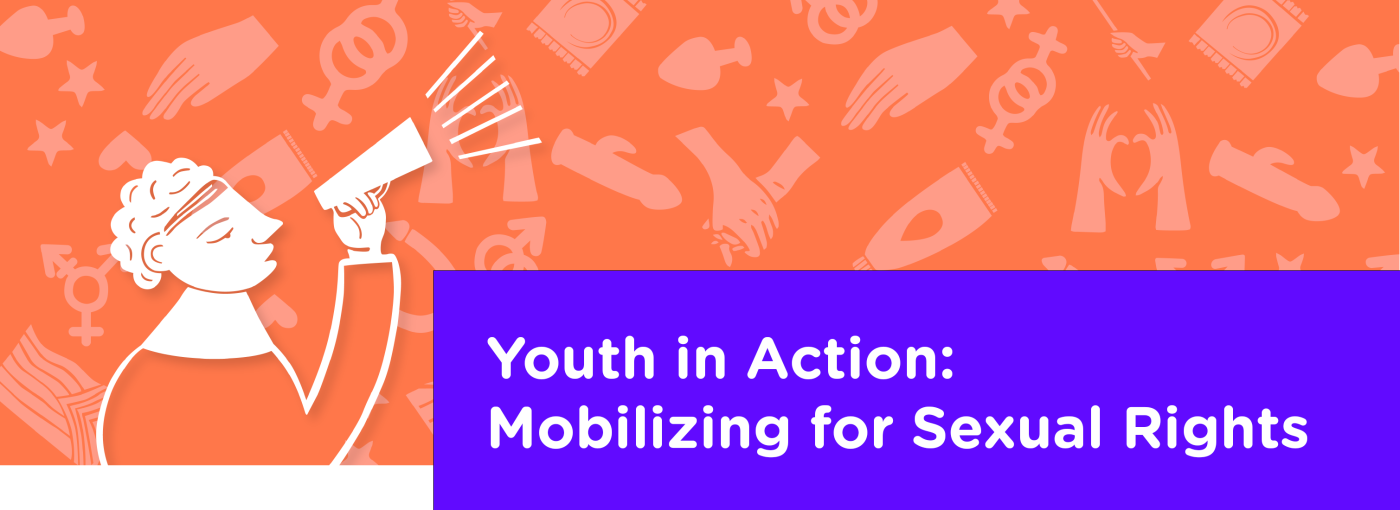
Defending our bodies, defending the land
While the Forum took place virtually, it sought to ground the collective experience in the bodies and territories participants inhabit. As such, links between land and body rippled throughout the Forum, beginning with an opening reference to Telma Pérez, a young Mayan Indigenous feminist in Guatemala, who declared: “Our body must be the first territory to be defended.” The intractable connections between land and body were evident in conversations on the heightened criminalization of Indigenous and Black communities’ sexual and reproductive health (e.g., abortion, HIV), while lessons from Black feminism and land sovereignty movements offered up important insights to how we might better care for our bodies and each other in struggle.

"In spite of the distance, we can share space. Our bodies are our own and they are our first territories. We need to defend our bodies. We need to defend our societies to coexist in a fair way in favour of life."
María René Tapia
“We can learn about the ways in which we want to treat our own bodies in how we have relation with the land."
Roland Jones

Resisting oppression, redistributing power, and reclaiming knowledge
Speakers, facilitators, and participants alike spoke to the necessity of resisting and dismantling harmful power structures, both in the world and within our movements. From the white, Western feminist organizations that deny marginalized communities of their own sexual and reproductive health knowledge and practices, to the simultaneous tokenizing and gatekeeping of youth participation and leadership within SRHR movements, it is essential to develop and share tools and strategies for redistributing power, building relationships, and reclaiming knowledge within the many spaces we engage in. Listening, learning, dreaming, and co-creating knowledge are all key elements to generating new visions and new leadership, and building the movements we need to achieve SRHR for all.
“Gatekeeping advocacy and social justice through language is antithetical to advocacy and social justice.”
Shannon Thom
“To build safe spaces means to acknowledge where we are speaking from and do not appropriate the voices of others. We need to learn how to give up space and validate experiences told in the first person.”
Alejandra Pretel
“We must constantly encourage ourselves and each other to attempt the heretical actions that our dreams imply and that so many of our old ideas disparage.”
Audre Lorde via Debbie Owusu-Akyeeah
Transnational solidarity and connection across movements
The Forum facilitated connections for future collaboration and aimed to strengthen peer-networks amongst youth SRHR advocates and organizers. Throughout the Forum, moments of solidarity, sharing, and connection organically occurred. Speakers and participants shared concrete tools and templates for engaging in transnational coalition building, while drawing inspiration from ongoing SRHR movements spanning multiple continents and communities. As one participant articulated in the closing remarks, “Borders may separate us but struggles bring us together.”

“This is a step forward. By joining forces, engaging in dialogue and building networks. This forum is for us, to build goals, to get in contact with each other and to work together.”
Arquimedes Reyes
“Share your dreams with community, with people who you never would have imagined sharing your dreams with, you’re going to see there are connections there, those are the opportunities for building solidarity and for making our movements stronger to have the world we want to live in.”
Debbie Owusu-Akyeeah
